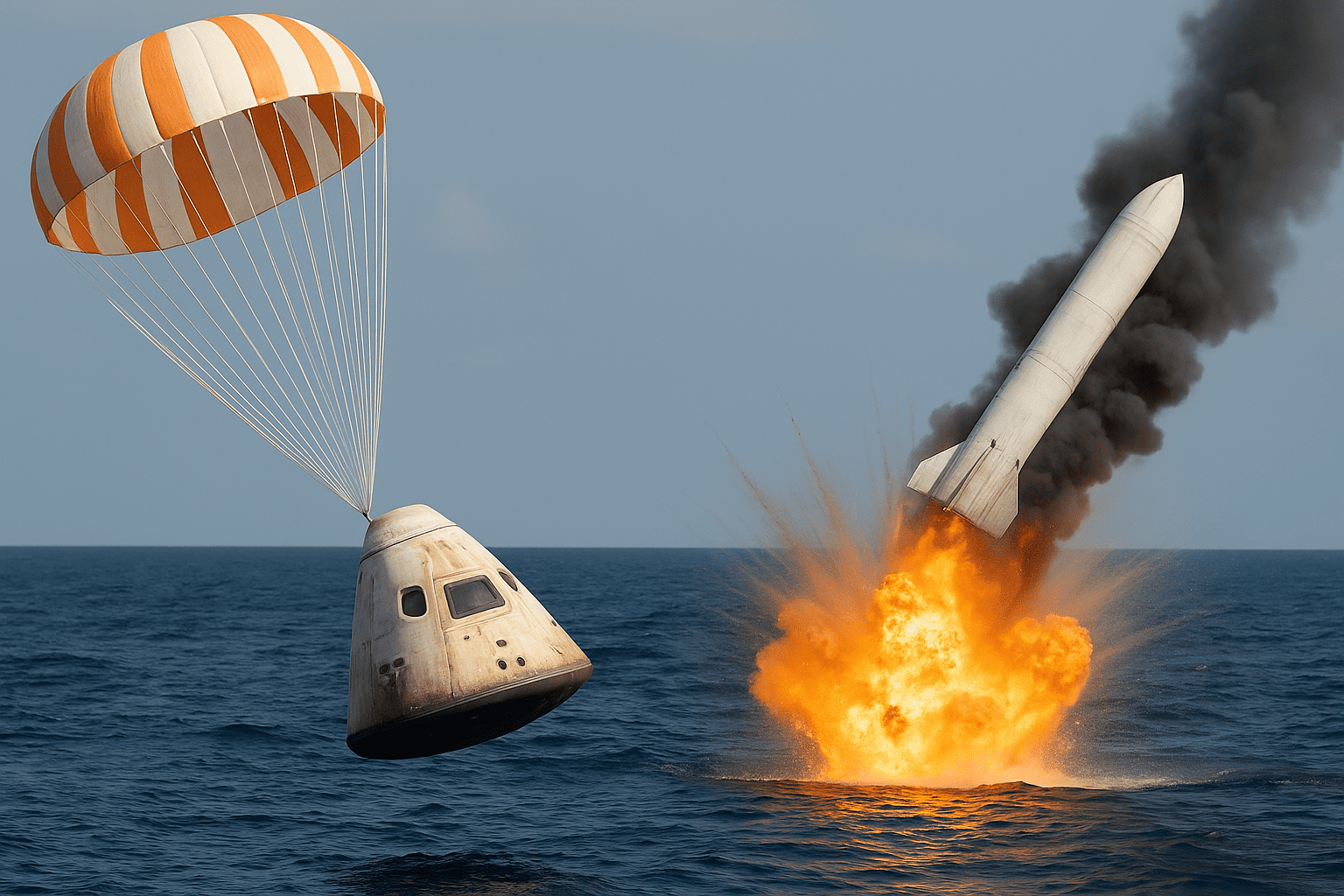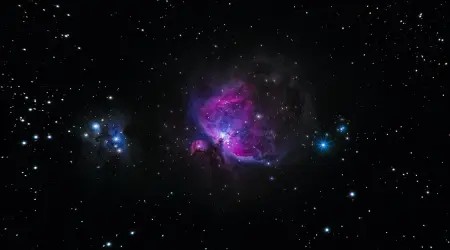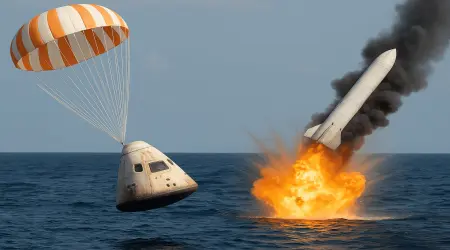

Space Burial Mission Fails as Ash-Carrying Capsule Crashes into Pacific Ocean
In a tragic turn of events, a space burial mission aimed at honoring 166 individuals with an extraordinary final journey into space ended in disaster when the return capsule crashed into the Pacific Ocean. The mission, organized by German space startup "The Exploration Company" (TEC) in collaboration with SpaceX, was part of the "Mission Possible" project.
The spacecraft, named Nyx, was successfully launched on June 23, 2025, from Vandenberg Space Force Base. Its payload included the cremated remains of 166 individuals, intended to orbit Earth before re-entering the atmosphere, as well as hemp plants being studied under the "Martian Grow" experiment to understand plant growth in microgravity.
Everything went according to plan until re-entry. While the capsule re-entered Earth's atmosphere without issue, a parachute failure during the final descent caused it to plunge into the Pacific Ocean, destroying the capsule and its contents.
The ashes were provided by Texas-based company Celestis, known for offering families the opportunity to send their loved ones' remains on spaceflights. This symbolic gesture allows families to honor the deceased with a final, cosmic farewell. Unfortunately, this is not the first time Celestis has lost a payload. In 2023, a similar mission carrying the ashes of a late NASA astronaut also ended in failure when the rocket exploded mid-flight.
In an official statement, The Exploration Company expressed regret for the incident, extending apologies to the families affected. The company emphasized that, despite the mission’s unfortunate ending, the remains did make it into space and orbited the Earth, fulfilling part of their intended journey.
“Their loved ones were part of a historic space launch, circled the planet, and now rest in the vast Pacific Ocean,” the statement read.
This mission also carried hemp plants as part of a scientific project designed to study how seeds grow into plants under the harsh conditions of space. Understanding plant resilience in space is considered essential for future long-term missions and potential colonization efforts on other planets.
Space burials have gained popularity in recent years, offering an emotional and futuristic way for families to commemorate the deceased. Though largely symbolic, these missions reflect humanity’s deepening connection to space exploration — blending science, emotion, and curiosity.
While the Nyx mission met an unfortunate end, it highlights both the potential and the challenges of space-based commemorations and experimental science beyond Earth’s atmosphere.




